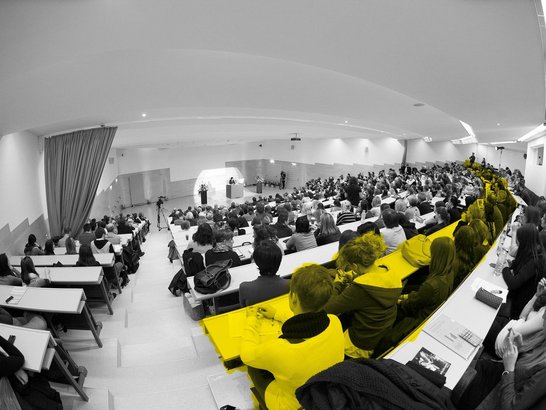University of Education Upper Austria

Centrally located in Austria’s third largest city on the river Danube, the university is one of the biggest teacher training institutions in the country. It provides teacher training for primary school teachers, for vocational school teachers and, together with 9 partner universities in Central Austria, for secondary school teachers. The university offers bachelor’s and master’s degrees according to the respective study programme. The university is also responsible for providing continuing education programmes for employed teachers of all levels and school types in the region of Upper Austria. With the "Europaschule" the university has its own practice school in which new models of education are developed, practised and evaluated and where students do practice training during their studies.
Faculties and programmes
Primary Teacher Education (age 6–10). bachelor’s degree followed by a master’s degree
Secondary Teacher Education (age 10–18/19). bachelor’s degree followed by a master’s degree
Vocational Teacher Education (age 15–18/19). bachelor’s degree, followed by a master’s degree. Additional minors like Inclusive Education, Media Education, Musical Education, Physical Education, and Multilingual Education are offered in primary education. Continuing education courses for all teachers in the region are offered throughout the year and in special summer courses.
Specials
The university hosts the Austrian National Center for e-Education as well as the National Moodle Center “eduvidual”. It puts a strong emphasis on a friendly, open-minded and welcoming atmosphere for both students and lecturers.
On a national level the university contributes its expertise to the Ministry of Education's nationwide educational focus areas of inclusion, empirical educational research, digitalization and vocational education. On a regional level it contributes experts to specialist groups working together to develop strategies for specified educational goals like school management, education projects for refugee children, quality management, teacher educational programs, inclusive education, German language learning, etc.
International cooperation plays a central role, which is reflected in partnerships with approximately 80 universities in and outside Europe. The university provides organizational support to foster the mobilities of students and staff as well as the development and administration of international projects (within Erasmus+). Main topics include civil rights education, learning on mobile devices, video in education, international curricula development projects, and practice teaching.